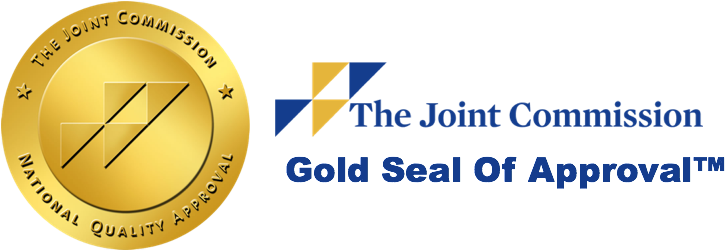The reason why mental health advocacy is important can be found in the data. According to the Centers for Disease Control and Prevention (CDC), “More than one in five US adults live with a mental illness,” “Over one in five youth (ages 13-18) either currently or at some point during their life, have had a seriously debilitating mental illness,” and “About one in twenty-five U.S. adults lives with a serious mental illness, such as schizophrenia, bipolar disorder, or major depression.” With staggering statistics such as these, there should be little doubt about the importance of mental health advocacy.
What Is Mental Health Advocacy?
With “mental health,” being a broad term, it is understandable why many people wonder what mental health advocacy is exactly. The truth is that mental health advocacy can manifest in many different ways.
According to an article in Indian Journal of Psychiatry, “The concept of mental health advocacy has been developed to promote the human rights of persons with mental disorders and to reduce stigma and discrimination. It consists of various actions aimed at changing the major structural and attitudinal barriers to achieving positive mental health outcomes in populations.” To break that down a little more concisely, it consists of reducing the stigmas that surround mental illness, helping those directly struggling with issues of mental health, and volunteering in the community to bring awareness about mental health (and addiction).
Who Can Be a Mental Health Advocate?
The good news regarding mental health advocacy is that anyone can do it. Also, everyone has unique qualifications in the way that they can contribute.
For example, individuals who have experienced issues of mental health in their family can reach out to others who are currently experiencing similar issues. A great way of doing this is by joining a specific family-focused support group (such as Al-Anon) and volunteering to be a community ambassador. Also, people in recovery can be mental health advocates. They are uniquely qualified in that they have the “shared experience” of knowing the emotional and mental fatigue and challenges that come with mental illness.
However, being somehow directly affected by mental illness is certainly not a requirement for becoming a mental health advocate. Anyone can pitch in and help others who are struggling. Also, for those who may be intimidated by the process of getting involved, there are many people and resources that make it easy to join the mental illness fight and become part of the solution to end stigma and bring awareness.
Mental Health Advocacy: Where Can I Connect With Other Like-Minded Individuals?
There are many ways to connect to others that perform mental health advocacy both locally and abroad. One relatively new way is to connect to others through resource websites, online forums, and social media groups. Here one can find like-minded individuals as well as recovery spaces that need support, and awareness events that need volunteers. Another way to get information is to reach out to recovery professionals and recovery peers.
Mental health and addiction specialists have made it their primary purpose to help others who are struggling with mental illness. So, they are great and helpful resources to glean information about a specific recovery center, or where someone that is showing signs of mental illness should go to seek help.
Also, recovery peers (people that are in recovery themselves) can be excellent sources for getting people the help they need from someone that can relate. Recovery peers are mental health advocates in their own right, so they will most likely be happy to offer advice to another mental health advocate who needs advice and information.
Grounded in Mental Health Advocacy: The Phoenix Recovery Center
The great civil rights leader, Martin Luther King Jr., once said, “Life’s most persistent and urgent question is, ‘What are you doing for others?’ Those who are not looking for happiness are the most likely to find it because those who are searching forget that the surest way to be happy is to seek happiness for others.” Ultimately, the truth is that in helping others, we are also helping ourselves live more meaningful, esteemed lives.
Here at The Phoenix Recovery Center, mental health and addiction advocacy is at the center of everything that we do. Not only do we directly help our clients recover, but we help their families do so as well. We know that by helping others grow in positive ways, we are helping the world grow as well, and ultimately if we are not growing, we are not truly living.
For more information on how to get help treating a mental illness or addiction for you or a loved one, please reach out to The Phoenix Recovery Center today at (801) 438-3185.







